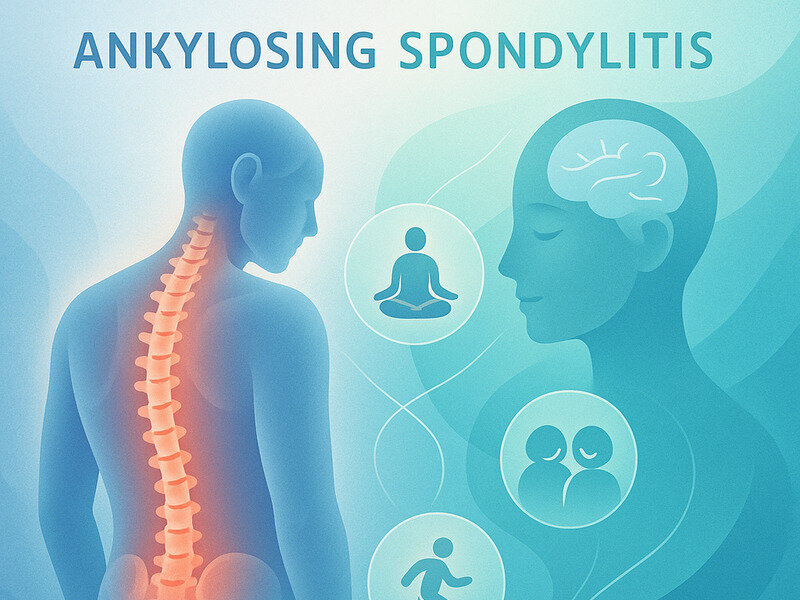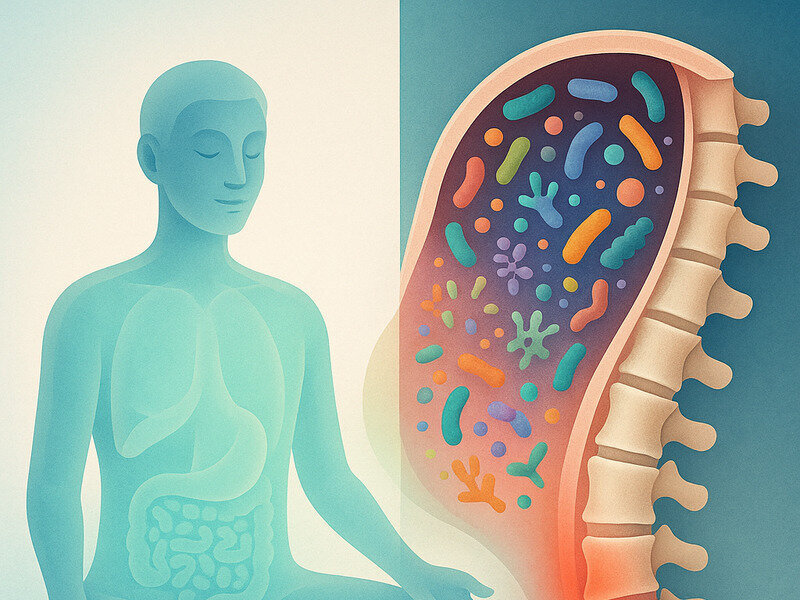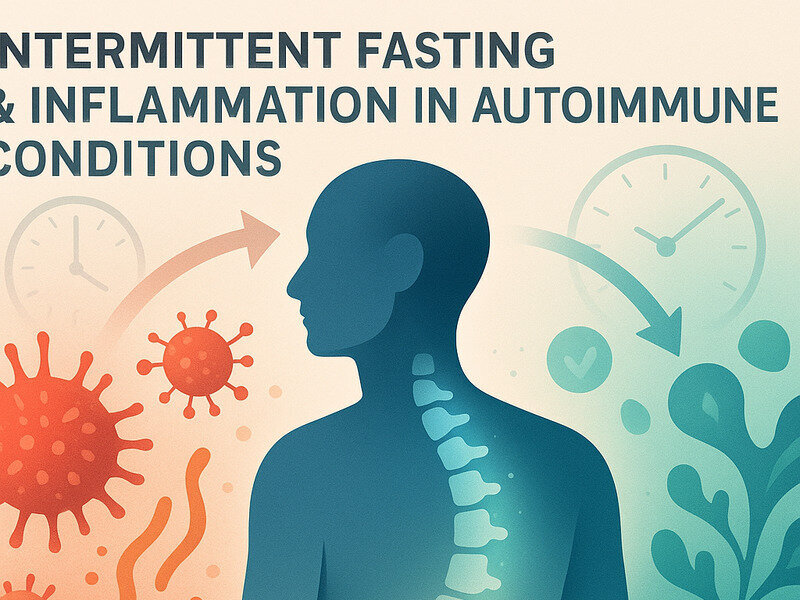
Ankylosing spondylitis (AS) is a chronic inflammatory disease primarily affecting the spine and sacroiliac joints, leading to pain and stiffness. While the physical aspects of AS are well-documented, the mental health implications are often less understood but equally important. People with AS frequently experience mental health challenges such as depression, anxiety, and stress due to chronic pain, reduced mobility, and the unpredictability of flare-ups. Building a mental health toolkit can be an essential strategy for managing these challenges, enhancing overall quality of life.
Understanding the Mental Health Impact of Ankylosing Spondylitis
The connection between chronic physical conditions and mental health is well-established. According to the World Health Organization (WHO), individuals with chronic illnesses are at a higher risk of developing mental health disorders. In the case of AS, the persistent pain and potential disability can lead to feelings of helplessness and frustration. A study published in the journal "Arthritis Care & Research" found that individuals with AS are more likely to suffer from depression and anxiety compared to the general population.
Th...
Premium preview
Premium members unlock the full article—complete step-by-step routines, deeper coaching notes, and exclusive frameworks.


